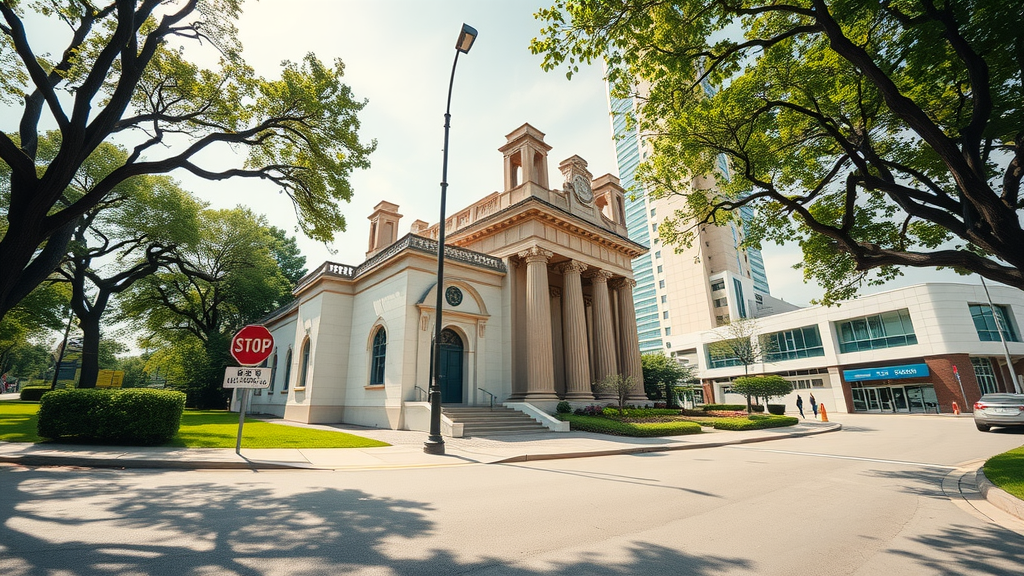What is the first step to avoid bankruptcy?
avoid bankruptcy, financial stability, Saskatchewan
To dodge bankruptcy, start by examining your finances closely, tracking every dollar. Break expenses into fixed and variable to find savings, and set clear financial goals. Keep budgets tight to avoid new debts. Consider debt consolidation or a Consumer Proposal, and get advice from financial experts.

Assess your finances to avoid bankruptcy and achieve stability.
Question
What is the first step to avoid bankruptcy?
I’m looking for proactive steps to prevent reaching the point of bankruptcy. What should I focus on to maintain financial stability and avoid this situation?
From: Anonymous Question, Saskatoon, Saskatchewan (SK)
Debt Insiders Answer
The first move to dodge bankruptcy is to take a good look at your finances with a magnifying glass. It’s all about digging into the nitty-gritty details of your income, expenses, assets, and what you owe. Think of it like you’re piecing together a puzzle of your financial life. By tracking where your money comes from and goes, you can spot those pesky expenses that sneak up on you. Breaking them down into fixed and variable categories can reveal where you can save a few bucks and keep your income outpacing your spending. Charting out both short-term and long-term financial goals keeps you on track, like having a roadmap to financial stability. Budgeting? It’s your best friend here, helping you sidestep overspending and the slippery slope of debt.
Got a handle on your money? Great! Now it’s time to play it smart with your debts. Keep them in check and avoid racking up new ones unless you absolutely have to. This means putting a lid on the credit card swipes, having a heart-to-heart with creditors to sweeten your repayment deals, and exploring things like debt consolidation or even a Consumer Proposal if you must. Don’t forget, chatting with a Licensed Insolvency Trustee or a financial advisor can be super helpful. They can whip up some personalized strategies to help you stay in the green and steer clear of bankruptcy. For a deeper dive into financial recovery tips, consider checking out resources like What is the first step to avoid bankruptcy?.
From: Insider Adam
Elimiate up to 80% of Your Debt
High cost of gas, high cost of groceries, high lending rates, low salary - being in debt is not your fault! See if you qualify for government debt programs and get out of debt today!
Office of the Superintendent of Bankruptcy (OSB) Answer
The first step to avoid bankruptcy is to assess your financial situation accurately. Focus on creating a comprehensive budget that details your income, expenses, and outstanding debts. Regularly monitoring your cash flow and maintaining an emergency fund can provide a buffer during financial difficulties. Furthermore, staying informed about your rights and options under the Bankruptcy and Insolvency Act (RSC 1985, c 47 (2nd Supp)) and related regulations can empower you to make informed decisions. Prioritize communication with creditors to negotiate manageable payment plans, as outlined in the regulations. This proactive approach can help maintain financial stability and preempt bankruptcy.
From: This answer is provided by scanning the Bankruptcy & Insolvency Act and related directives from the Office of the Superintendent of Bankruptcy (OSB).
Related Questions
Here are the top 5 most frequently asked questions related to the first steps to avoid bankruptcy, based on common concerns and search trends:
1. How can I increase my financial literacy to avoid bankruptcy?
- Educate yourself about personal finance, budgeting, debt management, and investing[1].
2. What is the best way to create a realistic budget to avoid bankruptcy?
- Develop a budget that reflects your current income and expenses, categorizing them into fixed and variable costs[1].
3. How can I minimize my debts to avoid bankruptcy?
- Reduce reliance on credit cards, negotiate with creditors for lower interest rates, and pay off existing debts[1].
4. What are the benefits of living within my means to avoid bankruptcy?
- Prioritize financial stability by differentiating between wants and needs and making spending choices accordingly[1].
5. When should I seek professional advice to avoid bankruptcy?
- Seek advice if you are struggling with debt or managing your finances, as professionals can provide guidance on minimizing debt and building a stable financial foundation[1].
If you have a question about debt see our debt questions or ask your own debt related question.
References
| Title, Source |
|---|
| Understanding Personal Bankruptcy in Canada, Debt Insiders |
| Consumer Proposals Explained, Canada.ca |
| Managing Debt: Steps to Take, Canadian Bankers Association |
| Bankruptcy and Insolvency Act (R.S.C., 1985, c. B-3), Government of Canada |
Table of article references
Elimiate up to 80% of Your Debt
High cost of gas, high cost of groceries, high lending rates, low salary - being in debt is not your fault! See if you qualify for government debt programs and get out of debt today!